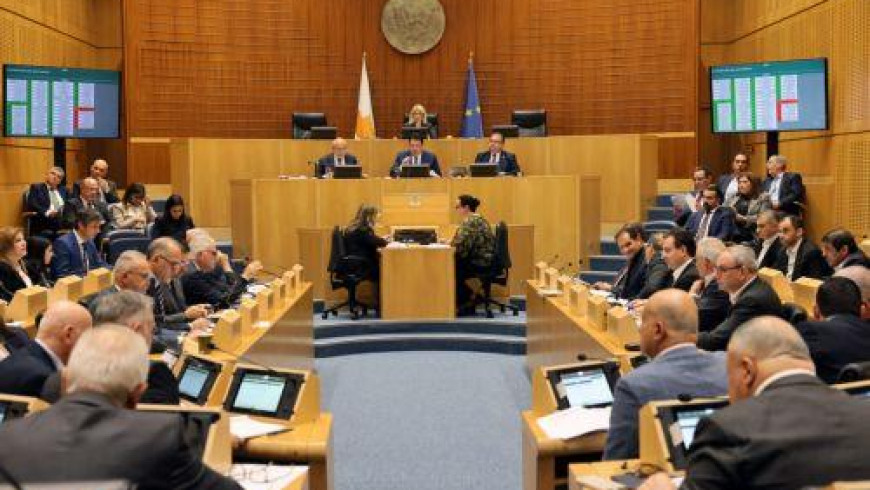
An effective and functional foreclosure framework is crucial for encouraging borrowers to restructure their debt, due to the high stock of non-performing loans (NPLs), the Cyprus Ministry of Finance said in a press release on Tuesday.
The remarks made by the Ministry came as parliamentary parties have tabled a proposal enabling non-performing borrower who face foreclosure procedures to appeal to the Courts and obtain a suspension order until the settlement of disputes such as the value of the loan in case of excessive charges, a move that banks and experts say will negatively affect financial stability.
The Ministry stressed that despite the Cypriot economy’s removal from the EU’s excessive imbalances procedure, Cyprus still faces imbalances according to the EU Commission’s findings, noting that the Commission ascertains that among the vulnerabilities is high private debt, including NPLs.
Furthermore, the Ministry pointed out that the majority of the loans have been provided during the 2006-2010 credit expansion and have been classified as non-performing or have been terminated nearly two decades ago and are not associated with the recent crises that hit the Cypriot economy.
The Ministry recalled that in a bid to assist vulnerable mortgage borrowers who pledged their primary residence as collateral, the government has introduced three schemes, Estia, Oikia and the plan of the Central Agency of Equal Distribution of Burden, noting however that 50% to 60% of the eligible borrowers opted to participate in these plans.
“The fact that there was no response by the entirety of the borrowers to benefit from the government plans show that there the lack of interest and desire for cooperation by the borrowers,” the Ministry added.
Furthermore, the Ministry said that in spite the fact that foreclosures have been frozen for a large period from March 2020 to January 2023, the government is promoting further measures to tackle the problem of NPLs, namely a new scheme called mortgage-to-rent aiming to assist vulnerable borrowers to keep their homes. The plan is tabled to the European Commission for approval as it entails state aid.
“The European Commission is at the final stretch for approving the plan and its implementation will be immediate,” the Finance Ministry added.
Moreover, the Ministry stated that the government will soon table to the Parliament a bill for a special jurisdiction in the District Courts to deal with disputes concerning loans collateralised with primary residences worth up to €350,000.
According to the Ministry, the government showed consensus regarding to proposals over more transparency in the foreclosure procedure and an improved position for the borrower over its creditor in case of voluntary debt to asset swaps if the asset is a primary residence of professional residences.
“The Ministry is positively positioned over their promotion and approval under the condition that the current foreclosure framework is preserved,” the press released stressed.
However, the Ministry notes that other proposals to alter the foreclosure framework via the suspension of the foreclosure procedure, via an appeal to the court, even if the dispute has already been examined “will not improve the citizens’ financial conduct and attitude and will be conducive to the deterioration of our country’s competitiveness indices.”
“The possibility for a universal access to courts as a final means settle a foreclosure procedure reverses the advantages and the purpose of an off-court foreclosure procedure introduced in 2018 and reinstates the pre-2018 lengthy and ineffective framework which was one of the lengthiest frameworks in Europe,” the Ministry added.
It furthermore pointed out that introducing legal obstacles “is weakening the smooth foreclosure procedure resulting in the deterioration of the collateral values leading to increased capital needs for the banks and a weakening of financial stability, rendering the economy as a whole vulnerable to shocks.”














 3287.99
3287.99 1275.09
1275.09
